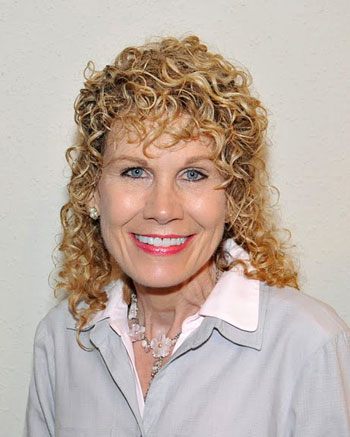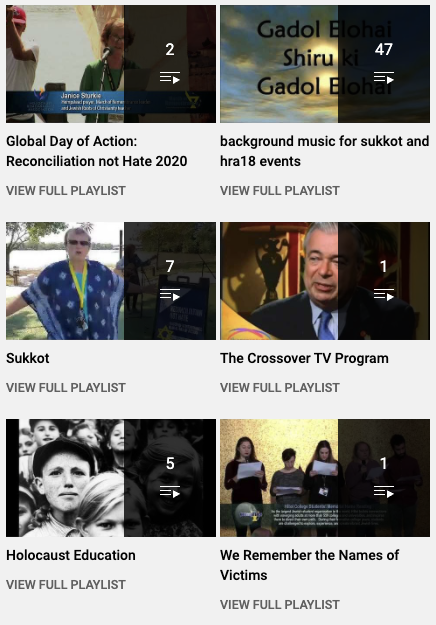by Jan de Chambrier
This is not a hardship. This is NOT a hardship. THIS IS NOT A HARDSHIP! I wish I’d kept a tally of all the times I’ve encouraged myself with these five words as life has dished out some fairly meaty challenges. I’m not talking about a hangnail or even a hurricane. Two cancer diagnoses, the loss of twins before birth, the death of two siblings by suicide, life-threatening accidents and illnesses—even these are not hardships. I have survived and thrived. No, these do not qualify as hardships.
Hardship, at least in my personal dictionary, is defined by the Holocaust. It has become the measuring rod by which I assess my own life experience in reference to those who suffered incomprehensibly at the hands of others. I am determined to ensure their torment was not in vain, to honor the value and sacrifice of their lives.
As the granddaughter of German immigrants, I remember Grandpa Joseph endlessly reiterating these words: “Never judge another person by their race, creed, or color.” Coming to America as a young teen, he served in the United States Army during World War I. His son Norman, my father, fought against the Nazis in World War II. Still, it is as if my very DNA has cried out for reconciliation and restoration with and for my Jewish brothers and sisters.
Two decades ago, I stood with my husband and our young son in The Hiding Place, a small, secret room built by the ten Boom family of Haarlem, the Netherlands, to hide Jews from the Nazis during the German occupation of Holland. As the soles of our feet touched that legendary floor, I knew we were standing on holy ground. I knew our hearts would be forever changed.
As a follower of Yeshua, what I sensed at that time and feel increasingly compelled to express is really quite simple. I am called to love. Yeshua often quoted the Torah when speaking with scribes and Pharisees. When they asked him to tell them the greatest commandment in the law, his response was to quote the shema; You shall love the Lord your God with all your heart and soul and mind and strength (Deuteronomy 6:5; Mark 12:30).
And then Yeshua quoted from the book of Leviticus, that the second command is Love your neighbor as yourself (Leviticus 19:18; Mark 12:31). Even as our present-day world seems to be spiraling out of control—with a pandemic, ethnic and racial strife, political division, natural disasters—the solution has been set before us. What might the world look like if we were to treat others as we ourselves would like to be treated, offering forgiveness, kindness, and generosity of spirit? What would happen if we were to bless others rather than curse them? How might life change if we were to truly listen to those around us, try to understand their ways, and not judge? Imagine how the world might look if each of us were to become a place of refuge, a hiding place for those in need, a haven of rest and peace.
This is love. And love never fails.

